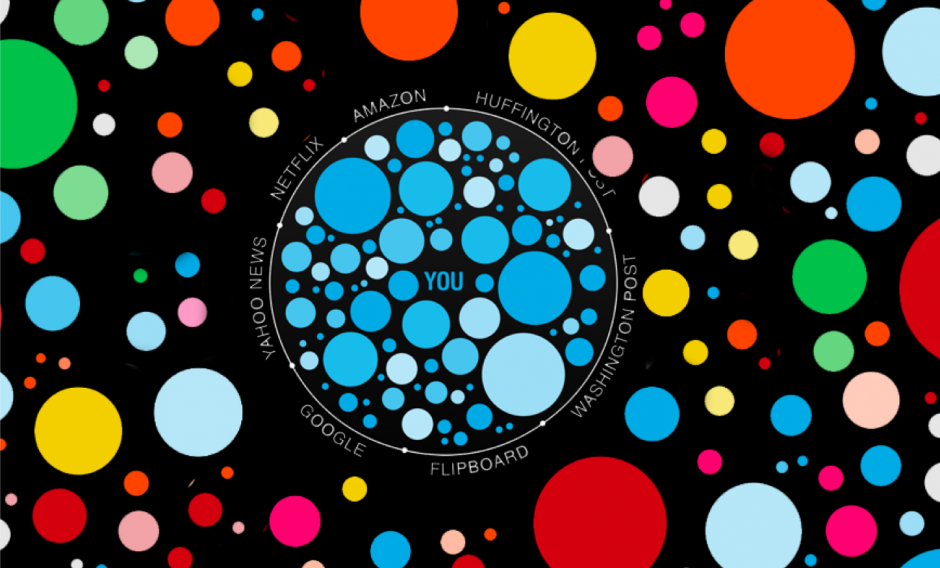
The more social media increases, the more identity politics and echo chambers will grow as well, increasing political polarization within the U.S.
With the rise of technology, people have access to unlimited amounts of information, and social media being at the forefront of technological advancements. Allowing people to communicate and form communities in new ways The rise of social media included the rise of political participation due to social media’s ability to connect people with others and give them direct access to corporations and forums. This resulted in the rise of social movements that have helped the population organize and feel connected with each other. Moreover, social media upholds freedom of expression and speech, in which people are able to express their opinions and participate in public conversations online. According to the Pew Research center reports in 2012-2014 approximately 30% of people had expressed their opinion on politics on a social media platform. Furthermore, the creation of online communities and having access to social media made the world more accessible and connected. However, with this increase of political participation, communities become susceptible to identity politics and conversations surrounding politics become more polarized. With this increase of identity politics, the world of social media is more divided than ever before.
Understanding Identity Politics
Identity politics is the process in which people begin to align themselves with a specific social group or identity and create political agendas or goals This form of politics can also be defined as “the groups we identify ourselves as being part of” (Garfield).. Within these groups people bond over specific topics and beliefs that are associated with that identity. Moreover, breaking down aspects of oneself in order to relate to one or more specific identities, and it is more prevalent than ever when it comes to social media. Because people are more aligned and open to politics surrounding their identities people become less inclined to acknowledge other political perspectives and views. Social media has a fond habit of sharing information based on your likes and interactions. The more you interact with specific topics regarding your political identity the less you see on the “opposing” side. Moreover, the less information you see and only receive an incomplete story or perspective on specific topic. Identity politcs are the primary reasonn “echo chambers” exist on social media and why it’s so hard to solve political polarizaion in the U.S.
Echo Chambers in Social Media
Because one of the main functions of social media is to share information based on the person’s interaction with specific topics, echo chambers are one of the primary reasons social media become so polarizded. A study conducted in 2020 analyzed the effects of echo chambers on different social media platforms and confirmed that people tended to choose information that related to their own beliefs, ignoring dissenting opinions and information. It was also confirmed that those who found themselves in echo chambers surrounded themselves with people and organizations that shared political beliefs and narratives. Because social media caters heavily towards the individual and gives them access to information at a quicker rate,people become less likely to accept opposing viewpoints. This can be seen on social media through political conversations and debates and far people would go label the opposition as a villain for having different opinions. If you’re conserative, you’ll be seen as bigoted and racist and if your liberal you’re automatically socialist or a “libtard”.
In conclusion, because of the rise of social media and its impact on political participation, subjects like identity politics have become one of the primary reasons that political conversations on social media have become so polarized. While social media has become a place where people can connect with each other, it has also become a home for zero-sum politics and polarized arguments. Furthermore, social media also failed adequately share information on the political spectrum because the algorithm on social media platforms like Twitter cater to the individual and their beliefs. Yes, social media is what you make of it, but it shouldn’t be a place where someone can say “I love apples” and then get criticized for not saying anything about oranges.

0 Comments